17 Things You Need to Know About Owning a Husky
by Brynn Tannehill
Someone asked me to summarize what having a husky is like. They’re like no dog you have ever had, and in my 45 years I’ve had a lot: shi-tzus, poodles, labs, dobermans, Australian kelpies, and Australian cattle dogs. I described owning a husky as having a mildly brain-damaged wolf as a roommate. This isn’t too far off in terms of evolution, but it helps you think about things from their perspective: these are more “wolfish” dogs than most, and it’s why my family jokingly refer to them as derpwolves.
Thus, huskies are the most maddening, beautiful, lovable, high maintenance dogs you will ever have. Because they’re so difficult, and that HBO series that shall not be named, way too many huskies have ended up as surrenders to kill shelters. So, before you decide that you want to try giving one of these big furry maniacs a forever home, here’s some things you should know.
1. Hair!
Huskies shed.
A lot.
They need brushing at least twice a week, but that still won’t be enough. You need to accept that husky hair will get EVERYWHERE in your life, including your work clothes. You’ll have to make sure to vacuum and sweep more often. Husky hair tumbleweeds in every corner of your dwelling are just a fact of life. Invest in a company that makes lint rollers. Some people even use the reverse function on their shop vacs to “blow” the fur off their huskies when they are “blowing” their coat in the spring.
2. Boredom = Destruction
Huskies may be hard to train due to their stubborn nature, but that doesn’t mean they are unintelligent dogs. Quite the opposite: they’re very intelligent and need mental stimulation. If left to their own devices, with no one to interact with, they will amuse themselves by destroying all the things. Their prey drive is often high, so to them, taking squishy things and shaking them until the stuffing comes out both ends is how they play. It is just part of their nature. If you’re not home, and they’re bored, bad things tend to happen to your possessions. And if their toys aren’t built like metal Tonka trucks, they will destroy them.
3. Huskies need exercise and stimulation
Huskies are working dogs bred to run and run and run, and that energy has to come out somewhere. They usually need a job. Your job is to find a channel for that energy. Whether it’s lots and lots of running, staying at home with them most of the time to provide frequent stimulation, or a second husky for them to play with (outside or inside), you have to be mindful of this energy, and give it outlets. They’re also very “pack” oriented. If someone isn’t home all day with them most days, they need a buddy, preferably another husky. Why? Because they’re derpwolves, and they will find mischief and ways to entertain themselves if left alone.
Or else.
4. Prey drive
Remember the whole “brain damaged wolf” thing? Part of that wolfishness is a desire to hunt small prey. Cats. Rodents. Small children if they’re not used to them. Our boy Loki caught and dispatched a squirrel when he was 6 months old, and it happened in the blink of an eye. There are horror stories about huskies that grew up with cats, and then suddenly ate their housemate after years of peace.
Huskies generally aren’t recommended for people with cats. Forewarned is forearmed.
5. Possessiveness / aggression
Huskies, in my experience, are much more likely to be possessive of their food and toys than other breeds. If you get a husky as a puppy, you need to practice techniques to make sure they don’t get food aggressive later on. There are some good videos out there on how to do it. But, this is one of those things where if you don’t want to get bit later on, you need to start early and reinforce it constantly, even if it means a few extra minutes out of your day.
Similarly, if you crate train them, this is their lair. This is their space, and they will often get possessive of it, and the things in it. You need to use a lot of the same techniques meant to eliminate food aggression to teach them not to be defensive about their “spaces”.
6. Aloofness and difficulty training
Imagine a sci-fi movie about an alien race that selectively breeds another species on their planet to become dumber and dumber, more and more servile, and to instinctually worship the ground the alien race walks on. The subjugated species adores their masters with utter slavish devotion, and lives to please them. It would be pretty awful and terrifying. But, that’s what we’ve done with most breeds of dogs. They really do worship us, fawn all over people, and seek our approval and attention.
Huskies, however…
Huskies really don’t live for our approval. They’re affectionate on their own terms. They want to be around you, but not on top off you all the time. Like that introvert best friend who loves quietly sitting next to you in the family room playing his Nintendo Switch, they’re affection adjacent. They like us, but we’re still just best friend roommates. We’ve never heard of an emotional support husky.
Because they do not live for your approval, they’re harder to train. If they don’t feel like doing it, finding something that motivates them can be tough. Particularly because of point 7…
7. Picky eaters, except when they’re not.
Huskies can be picky eaters. Ours certainly are. Why? I don’t know, but my guess is that they have better survival instincts that other breeds of dog that are a lot more distant from wolves. Wild animals tend to be more cautious about what they eat, especially when it’s new (rats will spend upwards of 10 minutes investigating a new food source).
At the same time, they’ll occasionally eat weird stuff (like mulch, grass, or socks) and will get upset digestive systems. Be prepared to feed them rice, boiled chicken, and pumpkin to deal with dog diarrhea.
Eww.
This means you’ll have to rotate dog foods, and find what treat will motivate them when doing training. They’re sure as **** not doing it just to please you, hooman.
8. Get them a buddy
Huskies, despite being kind of aloof, still need lots and lots of interaction with others as pack animals. They enjoy it! It also helps channel their energies into less destructive areas (well, generally, not always). Consider getting two: of similar age, not litter mates, of opposite sexes. You want to avoid litter-mate syndrome. But, it curbed a lot of our huskies’ more destructive impulses when we got him another husky to play with. Trips to the dog park can also be great for them: most of the time they know how to “dog” (i.e. they have enough instinct left to know how to interact with other dogs, including reading dog social cues).
It may seem completely counterintuitive, but we have found that more huskies actually equaled less work because of the companionship they provide each other, and resultant decrease in bad behavior born of loneliness.
Our huskies, that came with the names Thor and Loki. Seriously
9. They’re chompy little sh*ts as puppies
Even more than most young dogs, huskies like to grab things and people with their mouths. This includes sleeves, pant legs, and anything else they can get their teeth on. Many first-time husky owners are shocked at how much their new puppies “bite.” When they’re young, keep a supply of things to replace what they are biting using substitution (i.e. replacing your sleeve with a knotted rope in their mouth.) The good news is they will grow out of it with good training.
10. Let me sing you the song of my people…
Huskies are vocal in a way that most dogs aren’t. They howl, garble, growl, groan, whine, and even tell you “no”. They usually don’t bark a lot, though. This isn’t a drawback most of the time, but it’s something you should be aware of.
11. Houdini lives!
Huskies are amazingly strong, fast, agile dogs. As mentioned above they can also be incredibly destructive and easily bored. This makes them notorious escape artists, capable of destroying a dog crate, crawling out a window, and then leaping over a 4-foot-high privacy fence with ease. They’re so good that sometimes people even try to make them into agility drill dogs and take them to competitions. Their lack of desire to please people and corresponding difficulty to train gives hilariously very mixed success, though. (Click the links, seriously).
If you have a back yard with a fence less than 5 feet, they need supervision. Escaping, and getting hit by cars, is one of the most common causes of death for young huskies. This is also why I cannot recommend getting your husky “chipped” highly enough. Perimeter fences and collars sometimes work as a deterrent.
12. Heat Index
Huskies are snow dogs. Their fur both heats and cools them, and their skin is sensitive to the sun (which is why you NEVER shave a husky). They also don’t need baths; oils in their coats help keep their skin healthy. Husky coats have multiple layers that each serve a specific purpose, and they all work together to try and keep your dog warm, cool, protected from the sun, and parasites away from their skin. In other words, never get your husky trimmed unless there is a very compelling medical reason to do so.
The rule of thumb to know whether you should leave a husky out is the rule of 100: if the heat (Farenheit) plus percent humidity is more than 100, they probably shouldn’t be spending a ton of time outside unless they want to be out there (we have a doggy door). At 120 heat plus humidity, they should be indoors except to do their business. This means long walks in the evenings and mornings of the summer months.
Some huskies love a kiddie pool to cool off, and will happily hike the water all over the place in the summer. They will also hike all the water out of the dog bowls at the dog park, and lay in the mud they just made while they ignore all the other irate dog owners yelling at them.
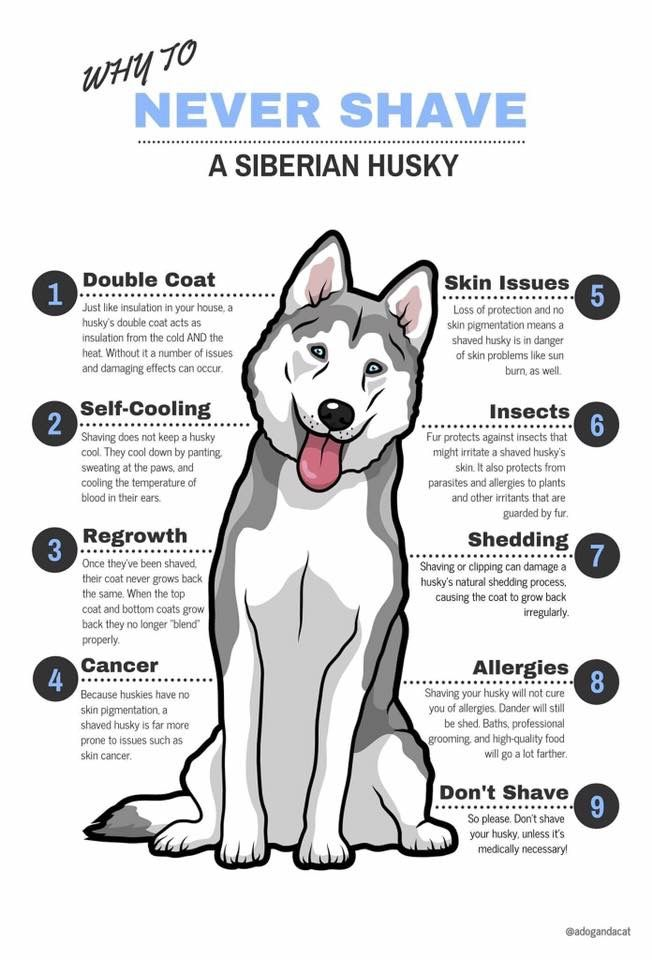 13. Crate Training
13. Crate Training
Huskies are good candidates for crate training. They can be destructive, and you don’t want them eating your cat in the middle of the night. They’re also escape artists. However, you must start crate training from an early age and associate it with good things (like where they get fed). It also needs to feel like a safe place to them, and there are plenty of good videos on how to crate train a husky.
However, because they are such big, intelligent, active dogs they are also poor candidates to stay in a crate while you’re at work or for very long periods. That’s how we ended up with our husky named Thor: his owner kept him in a crate 8 hours a day while they were at work. He was getting neurotic and starving himself to death: he weighed only 38 lbs when we adopted him.
In short, huskies can sleep at night in a crate, and stay there for a few hours at a time if no one’s home, but they shouldn’t be kept there for long periods.
14. Playin’ rough
Huskies play rougher with other dogs than many other dogs are used to. They act like young wolves: lots of growling, snapping, neck biting, leaping, pawing, and chasing. It’s basically play fighting, but to people not used to the way they interact with each other it can be a little startling. However, if you have experience with dogs you can read when it’s serious, and when it’s just for fun. At the same time, you have to teach them that they don’t get to play with humans that way (though they love a good game of chase).
15. They’re terrible guard dogs
Huskies are like that stoned roommate who wakes up, finds a burglar in the house, notes that they aren’t stealing anything that belongs to them, and goes back to bed. This makes them God-awful guard dogs. They’re not overly territorial or aggressive, except where their own personal belongings in their own personal spaces are concerned. They’re also generally gregarious with strangers initially and get bored with them quickly if they’re not doing anything interesting. So, unless you keep your jewelry in the dog crate, or burglars are into stealing knotted ropes made of rawhide, a husky isn’t a good option for protecting your house.
16. Houston, the Eagle has landed
Do you have a back yard? Is it big with lots of space to run, jump, fight, chomp, and exercise? That’s great for huskies!
Do you have grass and other green, living things that you want to keep alive in your back yard? That’s not so good. See, all that running, romping, and chomping kills everything and rapidly turns it into a moonscape.
Our back yard. Also the planned landing site for Apollo 18.
Huskies are notorious diggers too. And what moonscape would be complete without craters big enough to lose a lunar lander in? So, if you love your yard a lot, and if it would cause you all sorts of emotional damage if you weren’t on the short list for Better Homes and Gardens Lawn of the Year, huskies probably aren’t the dog for you.
Unless you plan on never letting them touch the grass. (And who would be that mean?)
17. Why the heck would anyone want a husky after reading this??
About 15 years ago it was noted that my descriptions of being a parent were enough to put people off of becoming one for several more years. Likewise, after this description of all the things that make being a husky owner difficult, why on earth would anyone want one? Here’s what I love about them.
First, they’re beautiful and their fur is gloriously soft. There’s nothing more relaxing in the evening than petting your warm buddy next to you. They have particularly expressive faces, and, unlike many other breeds of dog that I’m not as fond of, there’s always something going on upstairs. Even if it is scheming.
“We heard you haz hot chocolateses hooman? Vet lies. Is good for us.”
As much as they pretend they don’t need people or their pack mates, it genuinely distresses them when you leave them alone, or take their pack mate for a walk without them.
Thor, waiting for Loki to come home from a walk
There’s something particularly exciting about being this close to an animal that gets you, and likes you, and you can definitely see their distant Pleistocene ancestors looking up at you. There’s a real “Julie of the Wolves” vibe to it.
If you like running, a leash trained husky will be the best buddy you ever had. The word “run” will be enough for them to sprint for the door, plant their butt on the floor, and wait for you to put on a leash. I don’t care how good of a runner you think you are: your husky is better. These are dogs who were born to drag hundreds of pounds of dead weight for hundreds of miles, get up the next morning, and do it all over again. The final leg of the Iditarod is just another Monday to these guys. Going running with you is their job, and these are dogs that need one: it gives them both purpose and happiness.
We also love our huskies because they are so independent, and their personalities are much easier to anthropomorphize than a lot of other dogs. As my spouse described it, it’s easier to “respect” a husky than most other dogs. In many ways they’re much more of a companion or friend than a pet in the traditional dog sense. At the same time, this dignity makes them even funnier and more lovable when they lose themselves in the moment and let their guard down, embracing their inner derpwolf unashamedly.
Derpwolves in their natural state
In some ways, they’re the Ferrari of dogs. Beautiful. Expensive. High maintenance. High performance, whether you keep them at home or actually race them (because they’re capable of both). Don’t even think of having them trimmed. Each one is slightly different enough to have a genuine personality. You’re attached to them in a way you wouldn’t be with your Honda Civic for all of these maddening, wonderful reasons, and almost no one ever says they regretted having one if they went in knowing what it entailed.
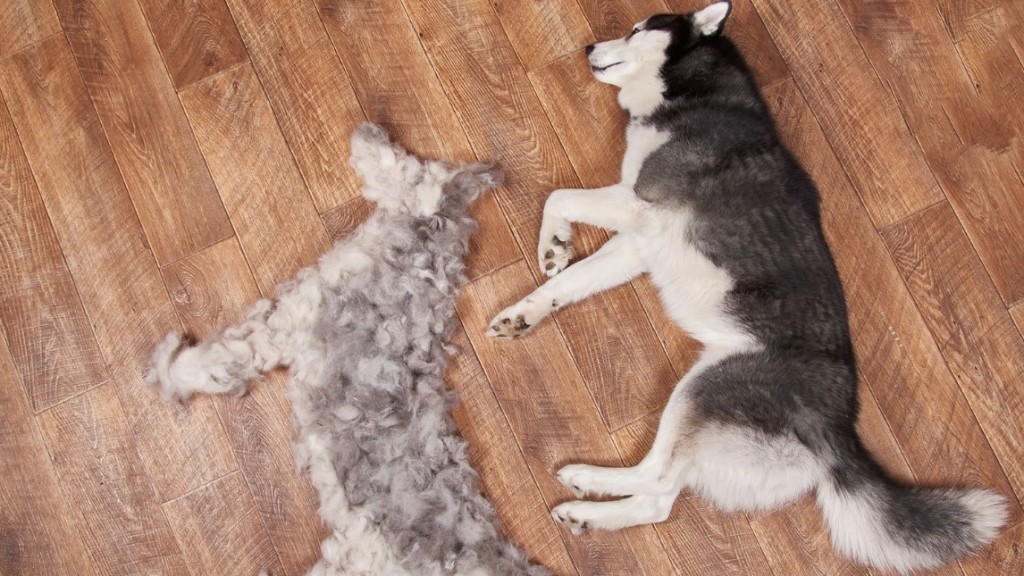
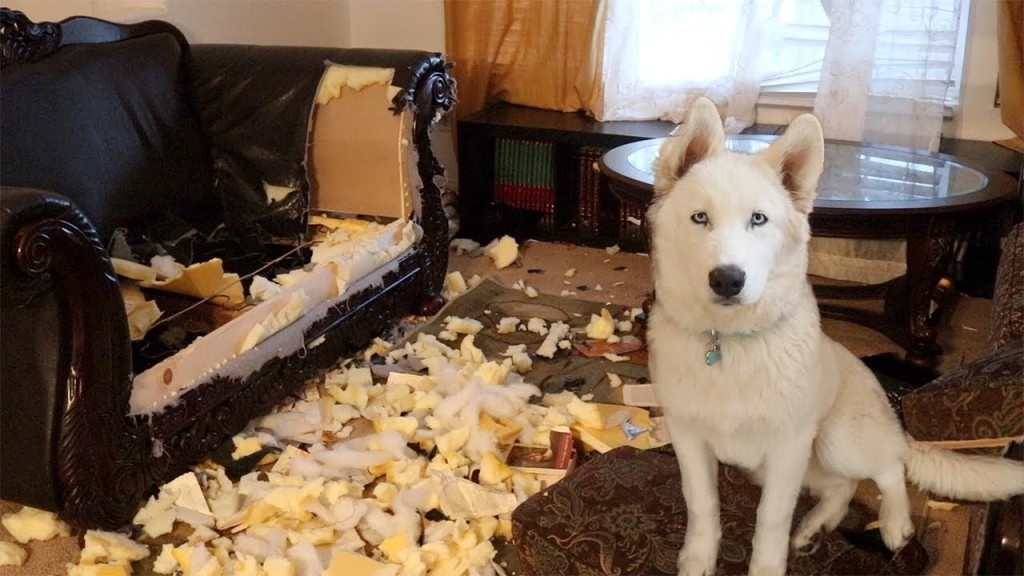



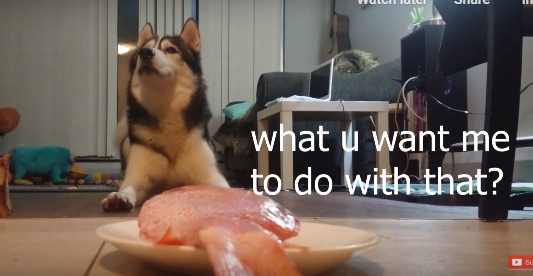
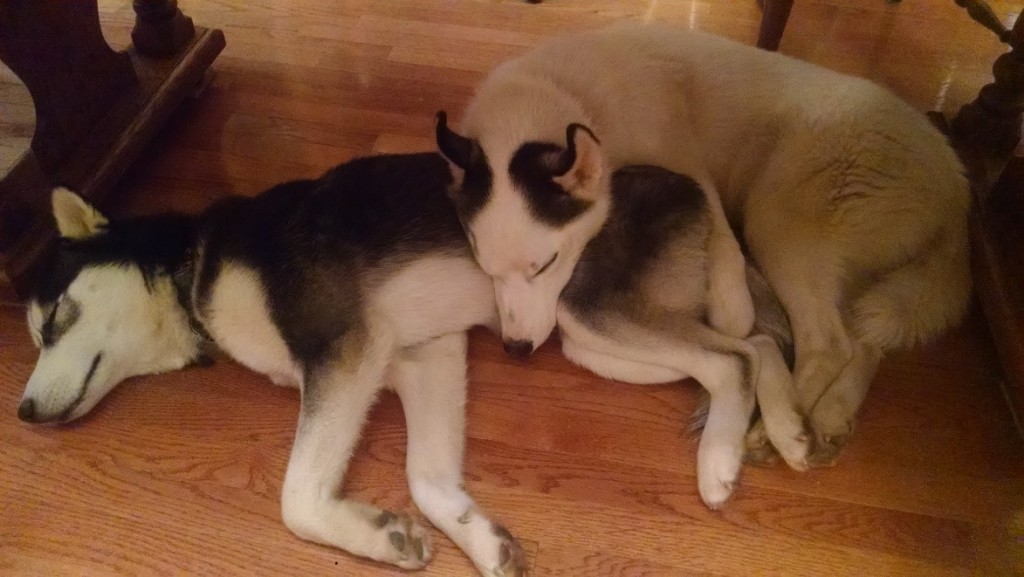
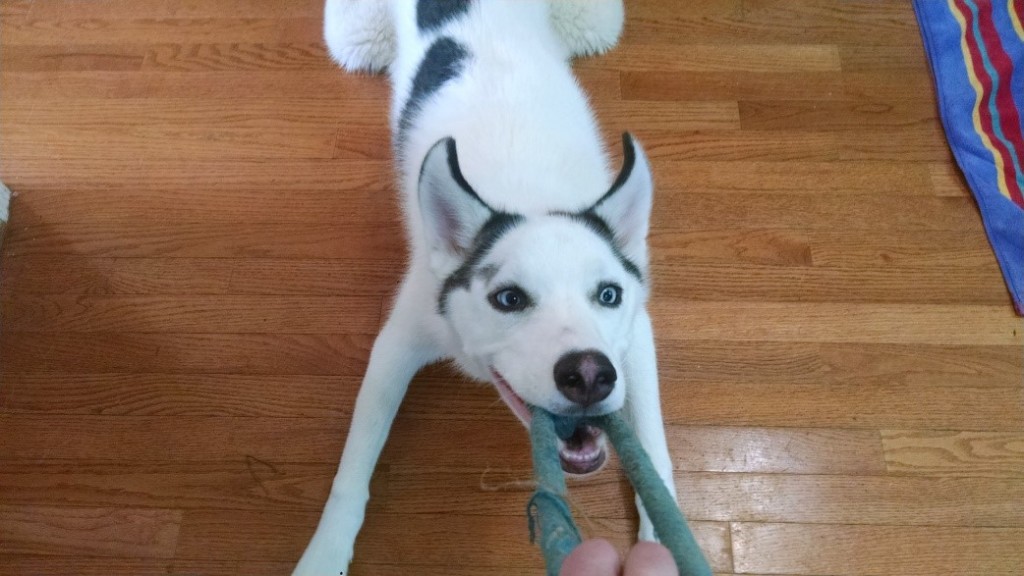
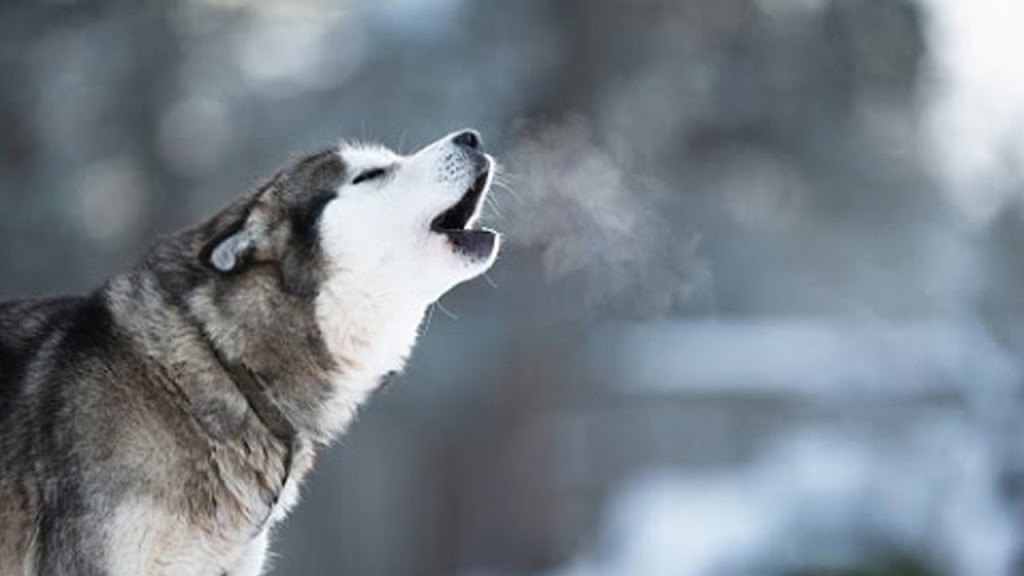
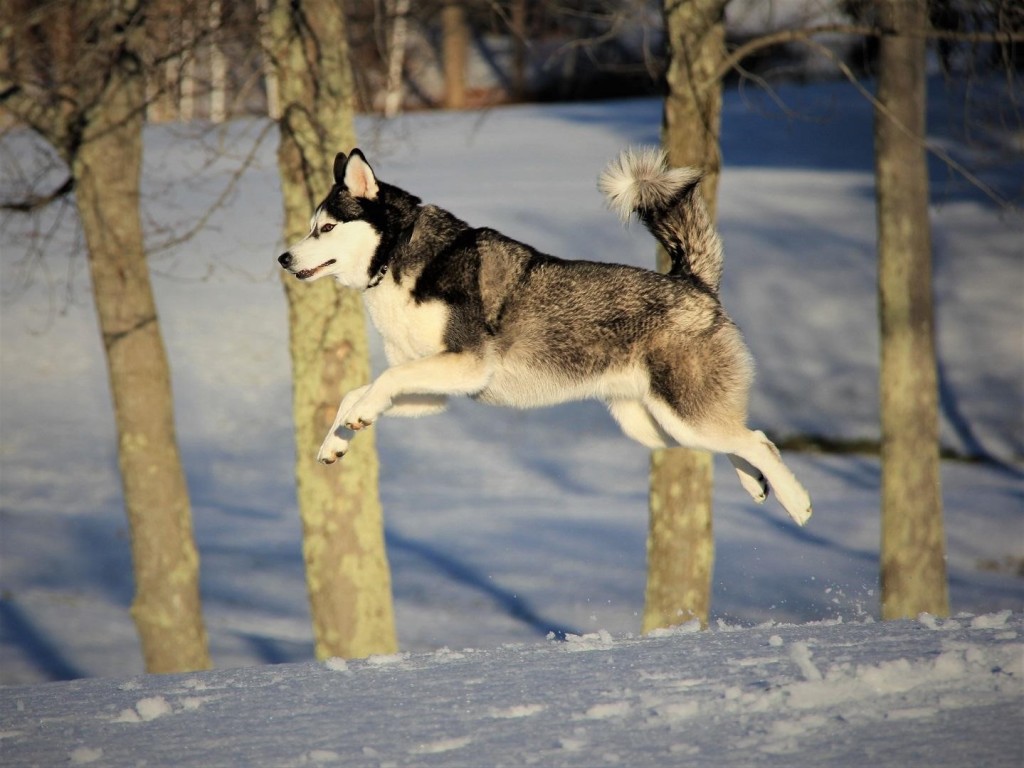
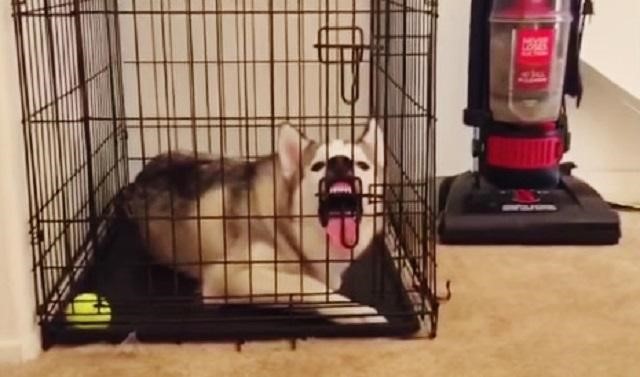
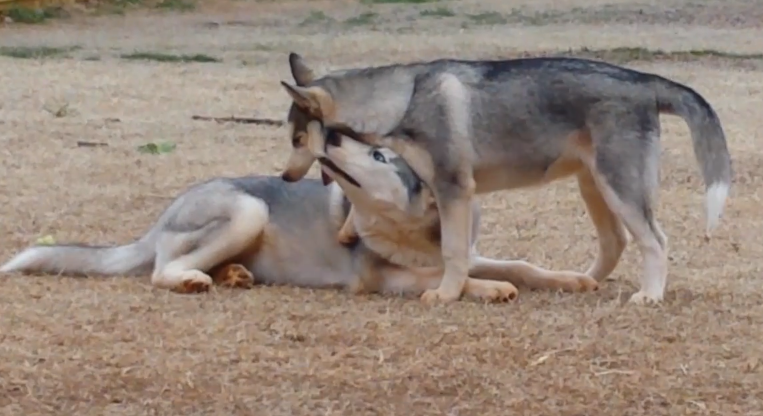
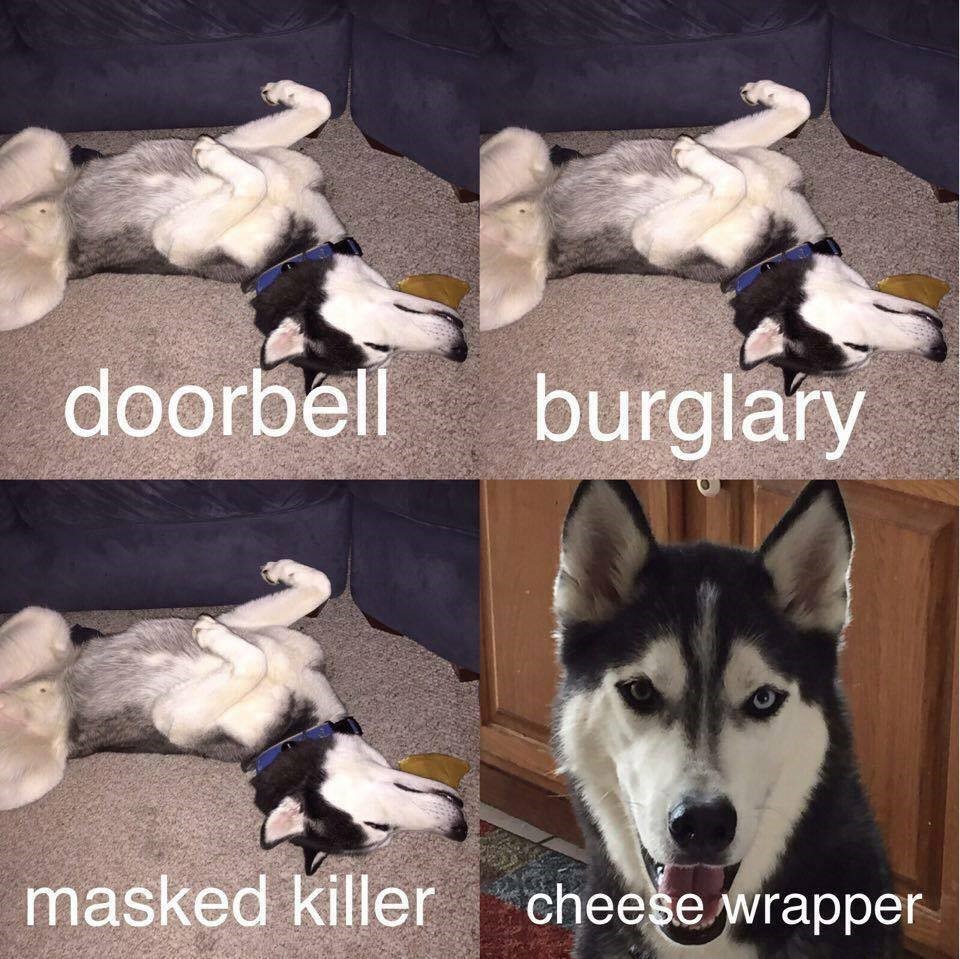
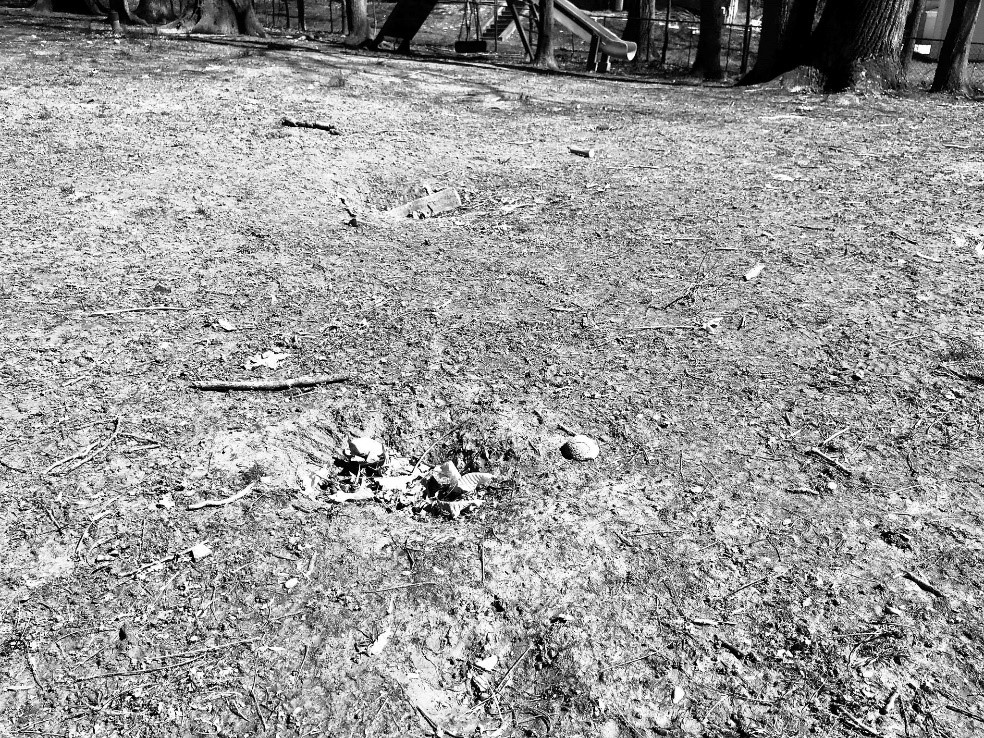
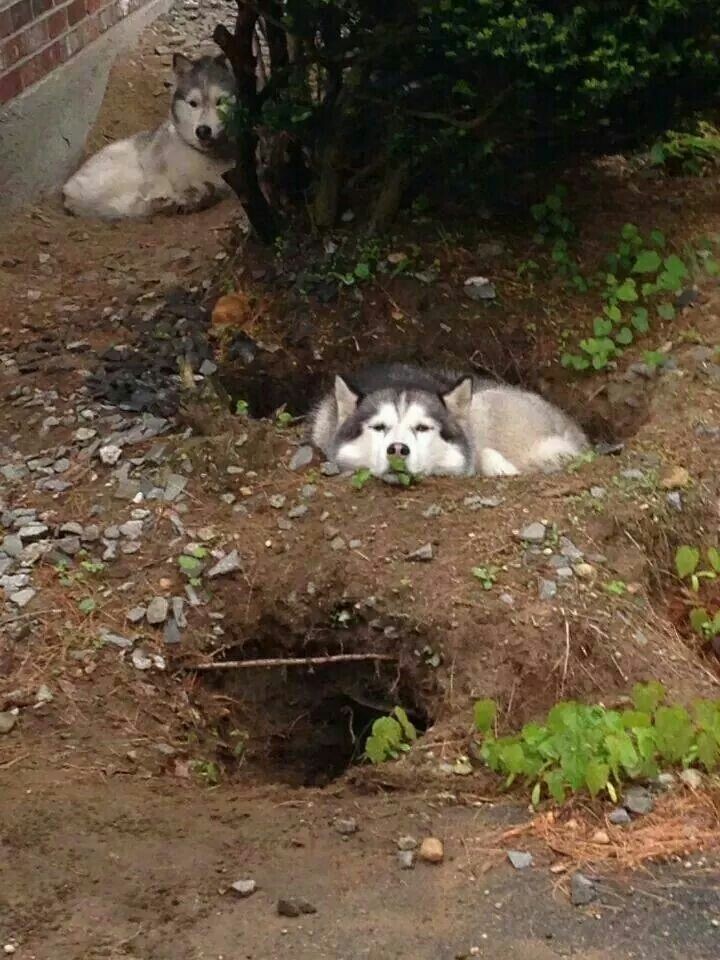
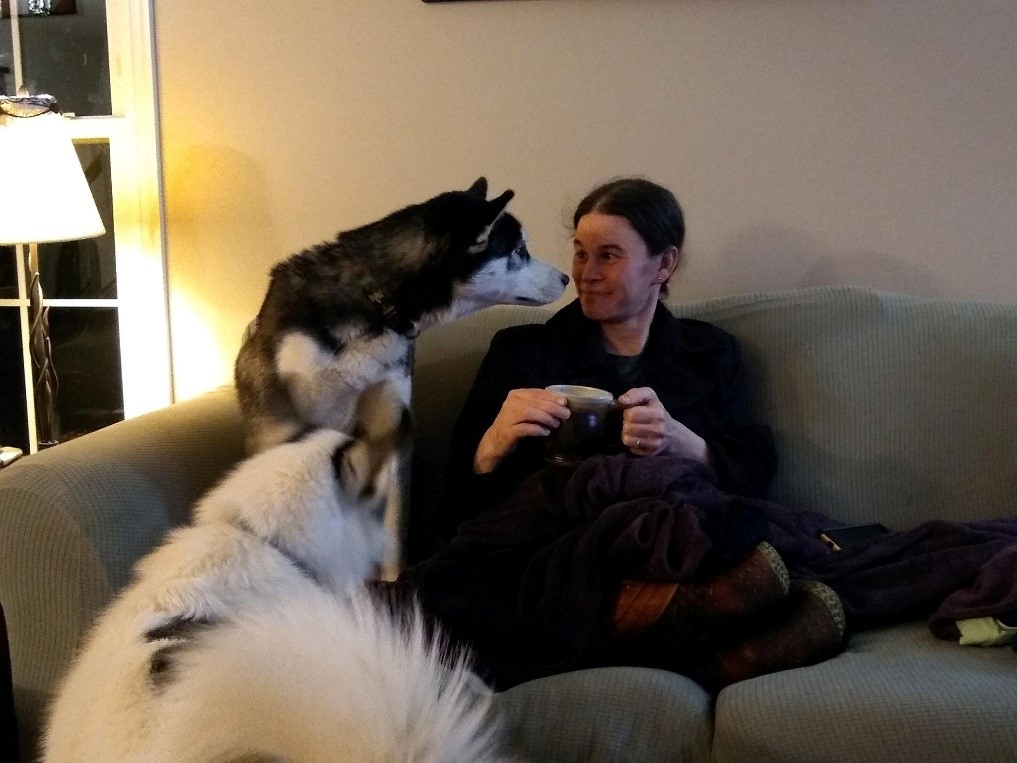
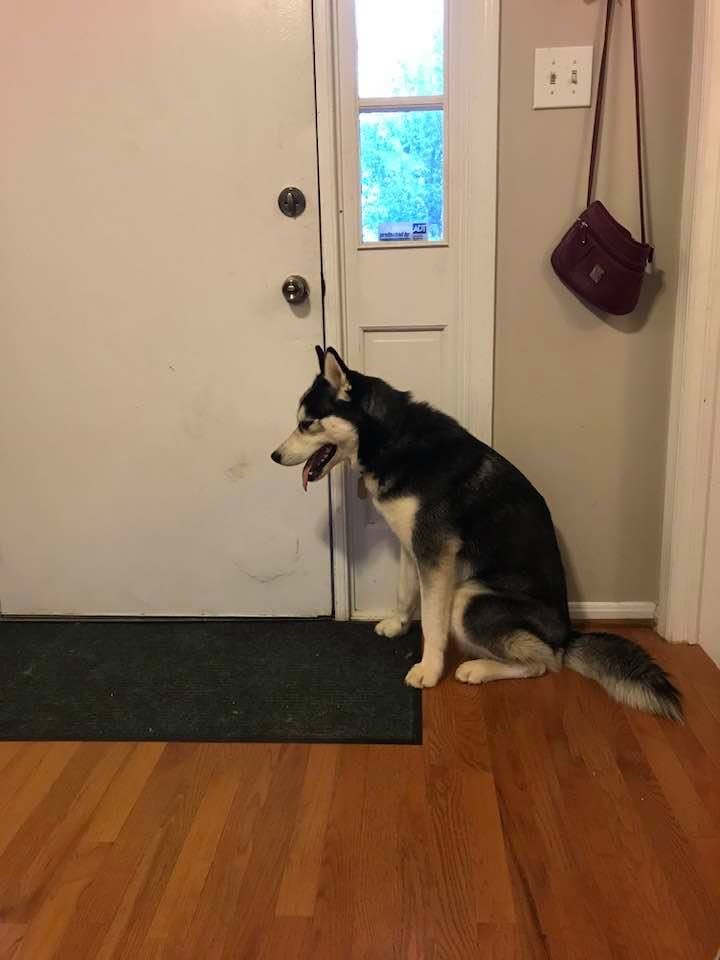
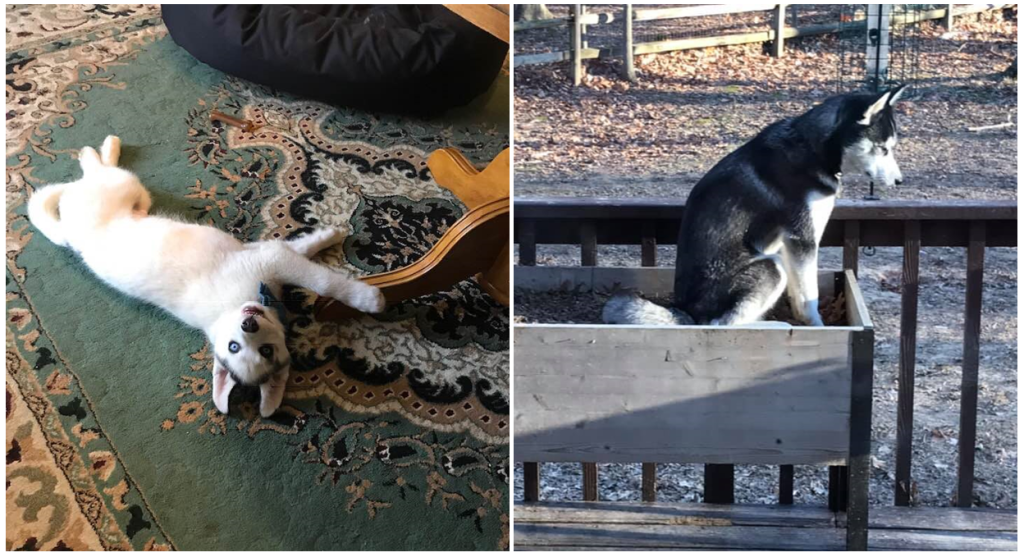
Leave a Reply